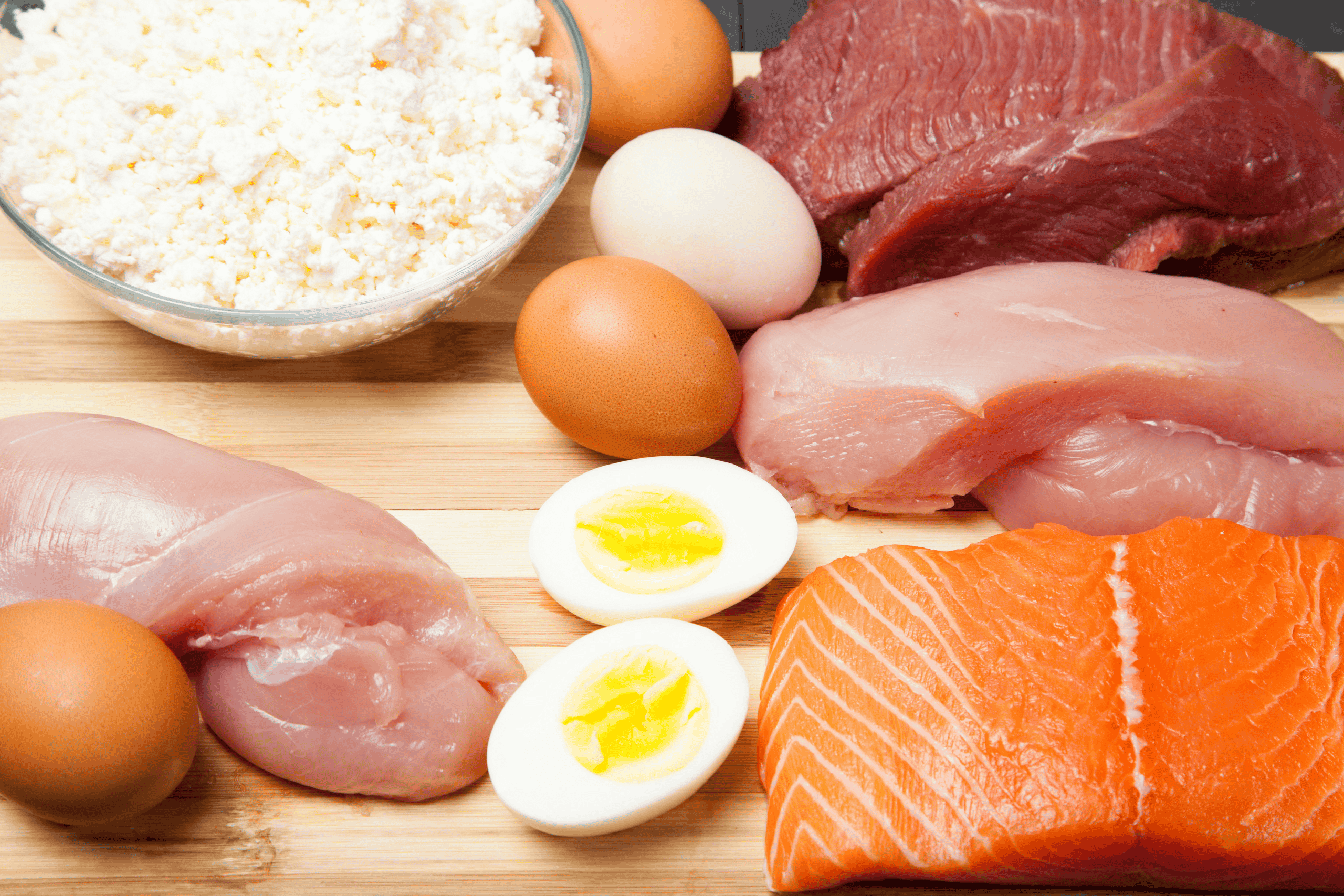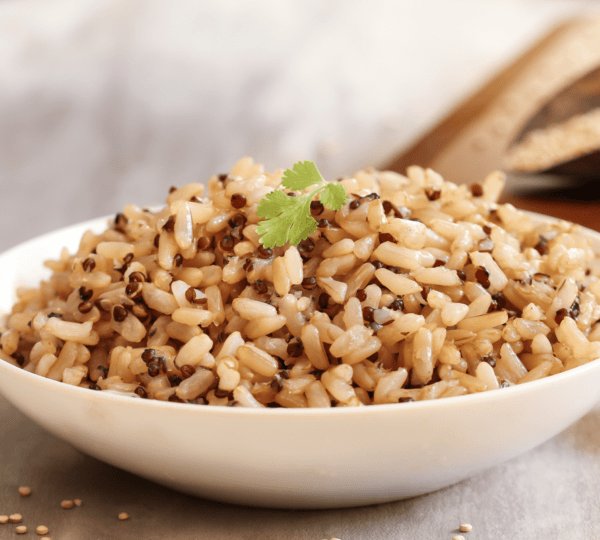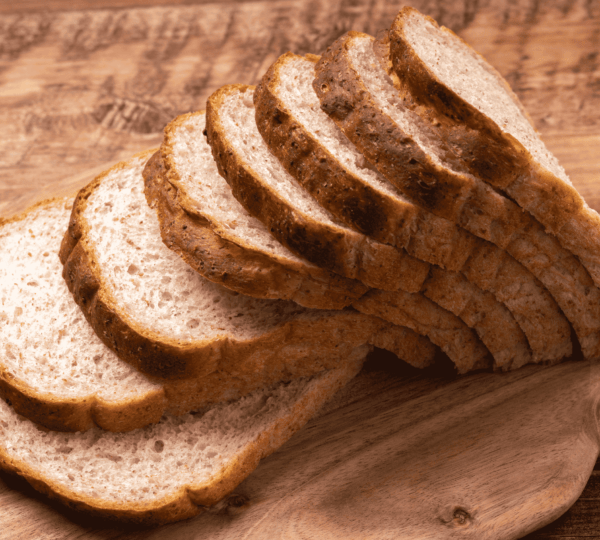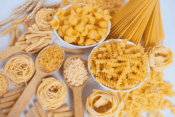
Fueling Your Fitness: What to Eat Before and After a Workout
So I was in charge of organizing the annual departmental student event during my second year in college. I had been running errands all day and barely paying attention to what I was eating. By midday, exhaustion hit me—my energy levels crashed, and every task felt like a struggle. Finally, I took a break and had a proper meal. Almost instantly, I felt the difference—my body was recharged, and I was able to tackle the rest of the day with renewed focus.
This experience is a lot like working out. Just as your body needs the right fuel to power through a busy day, it also needs proper nutrition before and after exercise to perform at its best. Maximizing your workouts isn’t just about what you do in the gym; it’s also about what you fuel your body with. Proper nutrition can significantly impact your energy levels, performance, recovery, and ultimately, your results.
Think of your body like a high-performance engine. Just like a car needs the right fuel to run efficiently, your body needs the right nutrients to power through your workouts and recover effectively afterward. Eating the right foods at the right time can make all the difference.
Pre-Workout Nutrition: Powering Your Performance
The goal of pre-workout nutrition is to provide your body with sustained energy, delay fatigue, and enhance performance. A combination of carbohydrates and protein is generally recommended.
- Carbohydrates: Opt for complex carbohydrates, which provide a slow and sustained release of energy, over simple carbohydrates, which can lead to a sugar crash. According to a study published in the Journal of the International Society of Sports Nutrition (JISSN), consuming carbs before exercise enhances endurance and performance.
- Good sources: Oatmeal, sweet potatoes, brown rice, whole-grain bread, bananas. Bananas, whole-grain toast.
- Protein: Protein helps to preserve muscle mass during exercise and can also contribute to energy production, especially during longer workouts.
- Good sources: Greek yogurt, nuts, seeds, eggs, lean meats (if you have time to digest before a workout).
- Timing: Ideally, consume your pre-workout meal 1-3 hours before your workout, depending on the size of the meal and your individual digestion. If you’re short on time, a smaller snack 30-60 minutes before can still be beneficial.
- Examples of pre-workout meals/snacks:
- Oatmeal with berries and nuts
- Greek yogurt with fruit
- Whole-wheat toast with avocado
- Banana with peanut butter
- Smoothie with protein powder and fruit
Post-Workout Nutrition: Replenishing and Repairing
Post-workout nutrition focuses on replenishing glycogen stores (your body’s stored energy) and repairing muscle tissue that has been broken down during exercise.
- Protein: Protein is crucial for muscle protein synthesis, the process of repairing and rebuilding muscle tissue. Consuming protein after a workout helps to reduce muscle soreness and promote recovery.
- Good sources: Protein shake, grilled chicken or fish, eggs, Greek yogurt, cottage cheese.
- Carbohydrates: Carbs help to replenish glycogen stores, which are depleted during exercise. This is especially important after intense or prolonged workouts.
- Good sources: Sweet potatoes, brown rice, quinoa, fruits.
- Healthy Fats: Reducing Inflammation
Omega-3 fatty acids help with inflammation and joint health.
Good Sources: Salmon, chia seeds, flaxseeds, and walnuts.
- Timing: The ideal time to consume your post-workout meal is within 30-60 minutes after your workout, often referred to as the “anabolic window.” This is when your muscles are most receptive to nutrients.
- Examples of post-workout meals/snacks:
- Protein shake with fruit
- Grilled chicken breast with sweet potato
- Eggs with whole-wheat toast
- Greek yogurt with berries
- Smoothie with protein powder, fruit, and spinach
Hydration: The Unsung Hero
Hydration is just as important as food when it comes to workout performance and recovery. Dehydration can lead to fatigue, muscle cramps, and decreased performance.
- Before, during, and after: Drink plenty of water throughout the day, especially before, during, and after your workout.
- Electrolytes: For longer or more intense workouts, consider adding electrolytes to your water to replace those lost through sweat.
Expert Opinions and Research
- The American College of Sports Medicine (ACSM) emphasizes the importance of both pre- and post-workout nutrition for optimizing performance and recovery. Their guidelines recommend consuming carbohydrates before exercise and a combination of carbohydrates and protein after exercise.
- Research published in the Journal of the International Society of Sports Nutrition has shown that protein consumption after exercise is crucial for muscle protein synthesis and recovery.
Common Mistakes to Avoid
- Skipping Meals: Exercising on an empty stomach can lead to dizziness and muscle breakdown.
- Overloading on Protein: More isn’t always better. The body can only use so much protein at a time.
- Ignoring Hydration: Even mild dehydration can reduce performance.
- Consuming Too Many Fats Before a Workout: This can slow digestion and make you sluggish.
Individual Needs:
It’s important to remember that individual nutritional needs can vary depending on factors such as the type and intensity of your workout, your fitness goals, and your individual metabolism. Consulting with a registered dietitian or certified personal trainer can help you create a personalized nutrition plan that meets your specific needs.
Conclusion:
Proper nutrition is an essential component of any successful fitness journey. By understanding the importance of pre- and post-workout nutrition and making informed food choices, you can fuel your body effectively, optimize your performance, and achieve your fitness goals.
References:
- American College of Sports Medicine. (n.d.). [Link to ACSM guidelines on nutrition and exercise]
- Journal of the International Society of Sports Nutrition. (n.d.). [Link to relevant research articles on post-workout protein and muscle protein synthesis]












